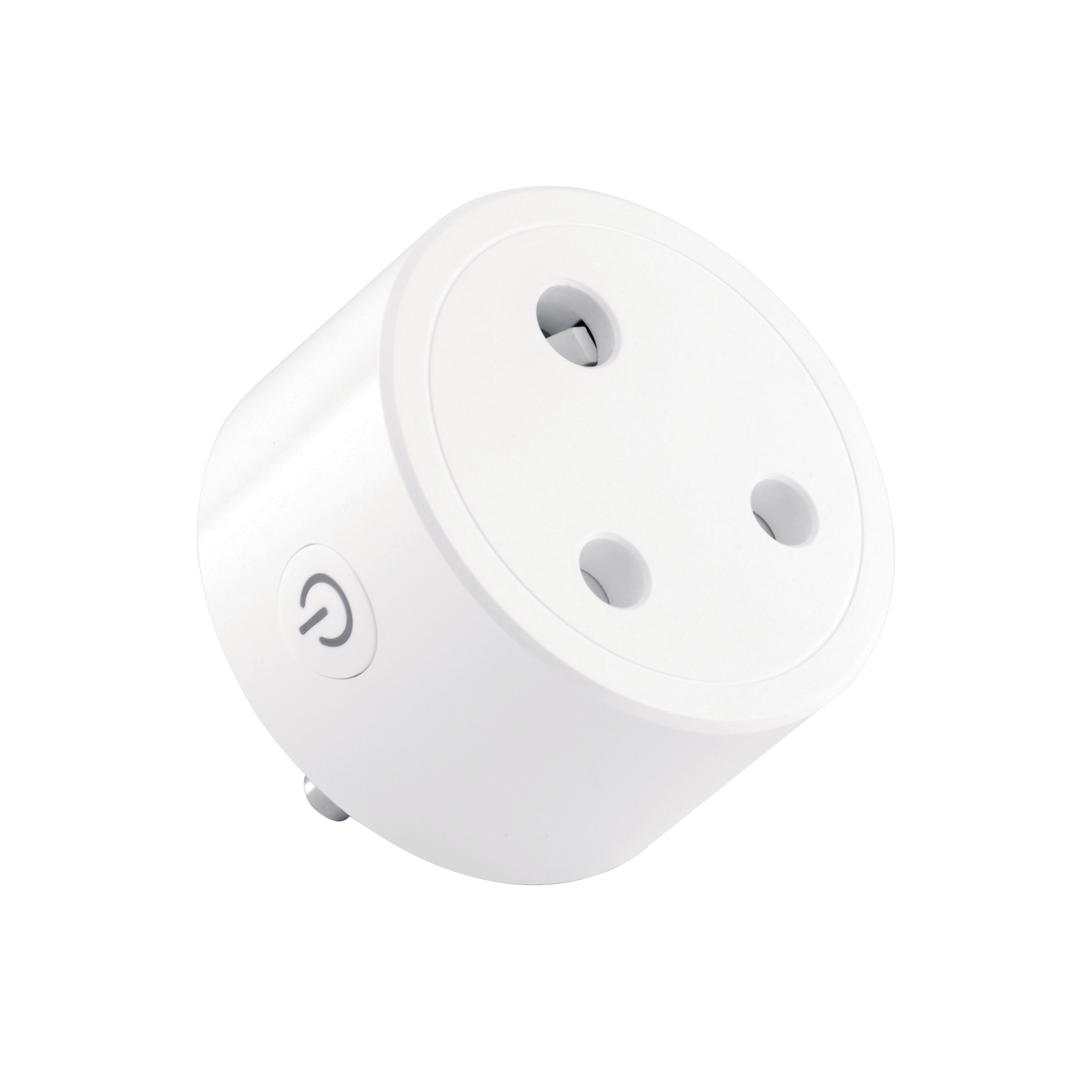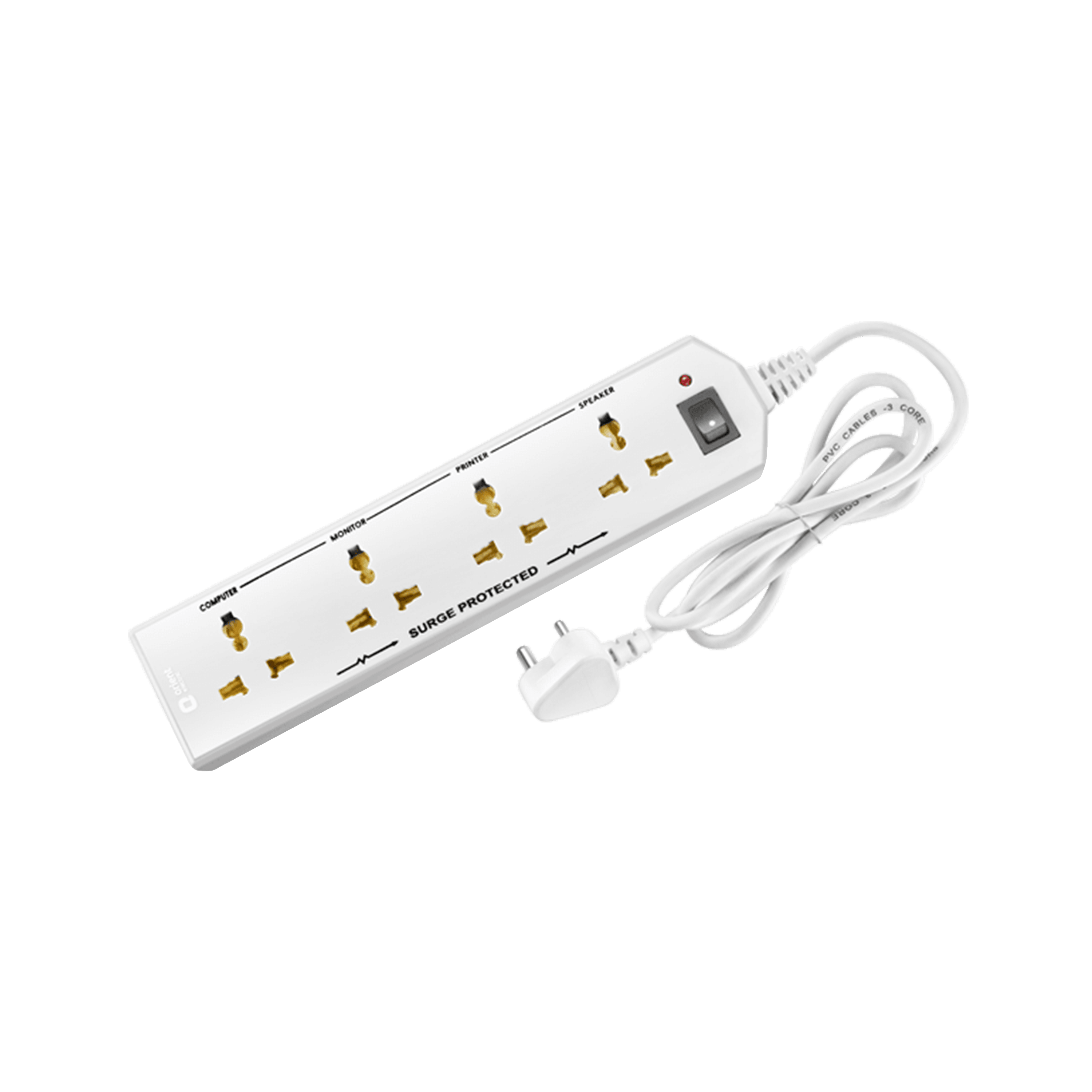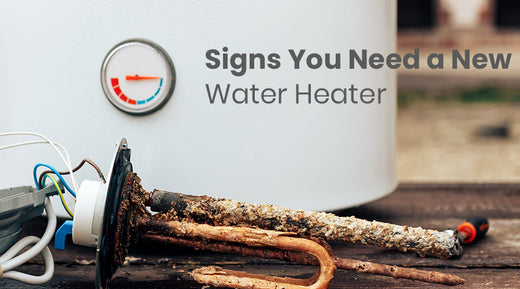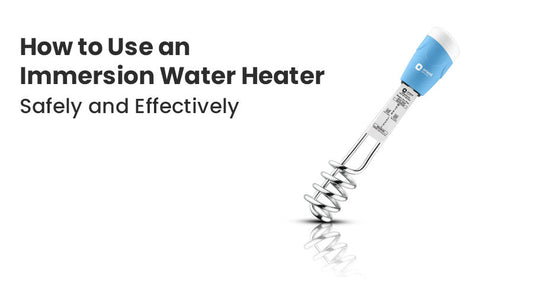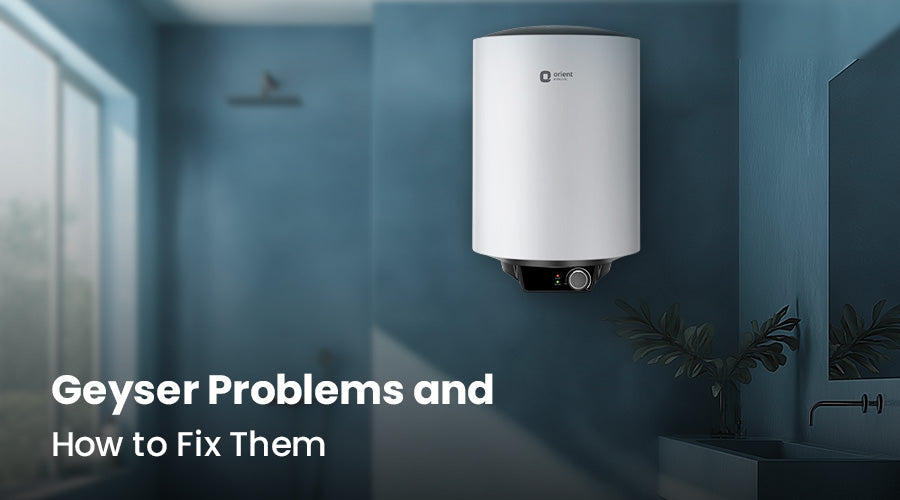
Common Geyser Problems and How to Fix Them: A Complete Troubleshooting Guide

An electric geyser is an indispensable appliance in every home, especially during winters, when you need hot water for your everyday activities such as bathing and dishwashing. That said, you wouldn’t want your water heater to operate inefficiently or in worst case, stop all of a sudden on a chilly morning.
The mere thought of this sounds frustrating, right? Like all other appliances, geysers can also develop problems owing to wear and tear, improper usage, or simply due to lack of maintenance. Let us today talk about some of the common geyser problems and how to fix them.
1. When Geyser is not Heating Water
If your water heater has stopped giving hot water, the possible causes could be an issue with power supply, a defective thermostat, or a broken heating element.
The first thing you should do in case of no hot water coming out of your geyser is to check the power supply. See that the unit is plugged into the power socket properly and power indicator is on. Here is why a power indicator is a good to have feature in a geyser.
Also, you must check that there is no tripping in the circuit breaker. If this is all okay, you need to check if the thermostat is working fine.
The last thing you need to inspect is the heating element. A broken or damaged heating element will prevent the geyser from heating the water. In case of defective thermostat or heating element, you will need replacement wherein you should take help of a professional. It’s advisable to call the manufacturer’s customer care for inspection and repair instead of calling some local electrician.
|
Problem |
Solution |
|
Geyser is not Heating Water |
1. Check the power supply and connections.
2. Verify the thermostat; adjust or replace if faulty.
3. Inspect the heating element; replace if damaged.
|
2. Water isn’t Just Hot Enough
So, your water heater is giving hot water but it’s not as hot as you expected it to be. Or in other case, it is taking too much time to heat up the water.
In this case, the problem could be due to incorrect setting of temperature, a faulty thermostat, or sediment buildup on the heating element.
The easiest thing to do here is to check and adjust the thermostat setting. In ideal scenario, you can set it to 50-60 degrees Celsius.
If this doesn’t help, you could be looking at a replacement. Over time, minerals usually present in hard water start to accumulate on the heating element, impacting its efficiency. If you have the electrical know-how, you can clean it yourself by using a vinegar solution after you have emptied the water tank. In other case, call the company technician for professional inspection and cleaning.
|
Problem |
Solution |
|
Water isn’t Just Hot Enough |
1. Check & Adjust the temperature settings.
2. Check and replace the thermostat if faulty.
3. Clean the heating element with a vinegar solution after draining the tank, or call a technician for professional service.
|
3. Water is Leaking from the Geyser
This is something I have personally faced a couple of times over the last few years. The common causes of water heater leakage are loose pipe connection, corrosion, and faulty valve.
First things first, check the connecting inlet and outlet pipes, and tighten them all using a wrench. If this doesn’t help and water still drips, you might need to change the connecting pipes and parts.
Rust or corrosion is another common cause of leakage. If that’s so, you must call a professional, as it might be time for a proper service or even replacement. In case of a faulty pressure release valve, get it replaced in time.
|
Problem |
Solution |
|
Water is Leaking from the Geyser |
1. Check & Tighten inlet/outlet pipes using a wrench.
2. Replace pipes if leakage persists.
3. Call a technician if rust, corrosion, or a faulty pressure valve is the cause.
|
4. Strange Noises from the Geyser
If you hear strange noises like screeching, rumbling, or humming coming out of your geyser, you are possibly looking at mineral build-up inside the tank. This problem is common with old geysers. Minerals from hard water keep accumulating inside the tank and on the heating element and get hardened over time which ultimately leads to leaks. You could drain the water tank and clean the element and inside of the tank on your own, but it’s recommended to take professional help.
In some cases, these strange noises could also be due to trapped air inside the pipes. To solve this problem, you can run hot water through the pipes with one end kept open to help release the trapped air.
|
Problem |
Solution |
|
Strange Noises from the Geyser |
1. Drain the tank to clear mineral buildup or call a technician for cleaning.
2. Run hot water through open pipes to release trapped air.
|
5. Smelly Water
Have you ever experienced smelly water coming out of your geyser? If it is so, your geyser possibly has bacteria buildup inside the tank, or it has been affected by corrosion or rust.
If the water smells like sulphur or rotten egg, bacteria buildup is the problem. To counter this, you will have to flush the tank properly and you can use a hydrogen peroxide solution to disinfect the tank. This will help get rid of the bad smell.
If this doesn’t solve the problem, then the issue is corrosion and sediment buildup. Call the company technician in this case for professional cleaning or replacement of the tank.
|
Problem |
Solution |
|
Smelly Water |
1. Flush the tank and disinfect it with a hydrogen peroxide solution.
2. If the smell persists, call a technician for cleaning or tank replacement.
|
Conclusion
If you are living in an area that receives hard water supply, you should always invest in a geyser with a corrosion-resistant tank. Orient Electric offers a range of advanced water heaters which come with Ultra Diamond Glassline coated tank which is highly resistant to corrosion and has a 40% extra lifespan, offering a long-lasting performance.
If you want your geyser to run smoothly and efficiently for a longer duration, you should address the aforementioned problem promptly. While you can resolve some of them on your own, it’s always recommended to go for professional help.
Frequently Asked Questions (FAQs)
Q1. What causes a geyser to stop working?
Ans. A geyser can stop working due to several reasons. It could be an issue with the power supply, a faulty thermostat, or a damaged heating element. In some cases, sediment buildup inside the tank can also cause the geyser to malfunction. Regular maintenance can help avoid such problems.
Q2. How do you solve a geyser problem?
Ans. First, check the basics like the power supply and thermostat settings. If there’s no heating or water leakage, inspect the pipes and connections for any loose fittings. Strange noises or smelly water might need tank cleaning. For complex issues, it’s best to call a professional technician.
Q3. How do you know your geyser is faulty?
Ans. You’ll notice your geyser is faulty if it stops heating water, makes unusual noises, leaks, or gives off smelly water. Another sign is when the geyser takes longer than usual to heat water or doesn’t turn on at all. These issues indicate it’s time for a repair or servicing.
